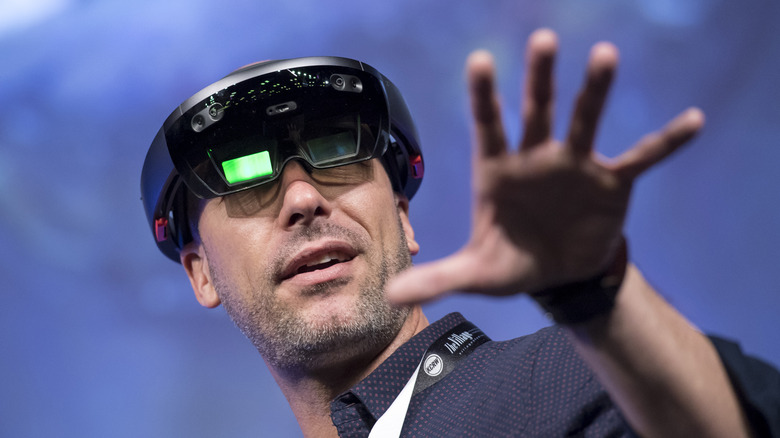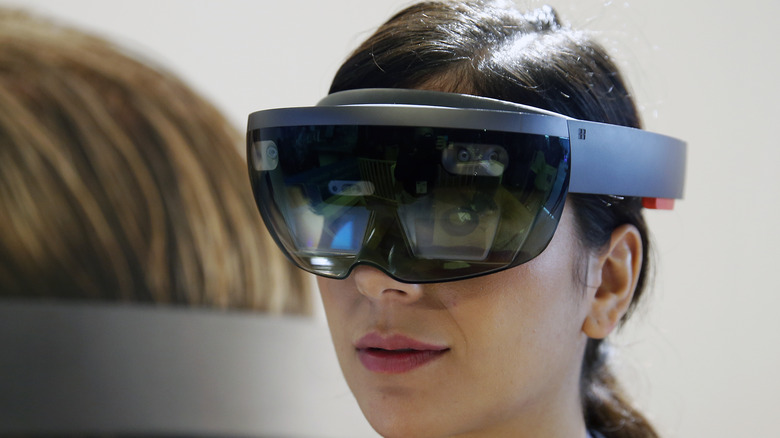Microsoft Just Ditched Windows Mixed Reality
In a surprising move, Microsoft has decided to quietly withdraw its support for Windows Mixed Reality for the Windows Operating System. The software major revealed this development in a recent blog post on the company's official website. This move is a significant departure from the trajectory set in October 2017 when Windows Mixed Reality was introduced amidst much fanfare as part of the Windows 10 Fall Creators Update.
The development has essentially led to the cessation of all development related to Mixed Reality, including discontinuing the Mixed Reality Portal app and Windows Mixed Reality for SteamVR and Steam VR Beta. While Microsoft is known for periodically adding and removing features from its operating system, the decision to stop work on Windows Mixed Reality did catch the tech community off guard.
Launched in 2017, Windows Mixed Reality offered a portal to games, apps, and other experiences within the VR space. It not only supported Microsoft's own HoloLens headset but also worked with headsets from several other companies like Acer, Dell, Lenovo, Asus, HP, and Samsung. While Windows Mixed Reality is being deprecated, the enterprise-focused HoloLens 2 seems to be on steadier ground. Earlier this year, Microsoft provided a free Windows 11 upgrade and several other improvements for the $3,500 headset, suggesting a continued commitment to the high-end device, although a successor is still not in sight.
Microsoft's VR division has seen significant changes in recent times. The head of HoloLens, Alex Kipman, left the company last year amidst allegations of sexual misconduct. Later, Microsoft announced job cuts affecting 10,000 employees, several of whom worked at the company's VR division.
Microsoft isn't entirely giving up on VR
Despite these seemingly major changes, Microsoft hasn't entirely abandoned VR. The company is focusing on other applications, such as its Microsoft Mesh app, that allows co-workers to meet and collaborate in a virtual space without needing VR headsets. Additionally, Microsoft's partnership with Meta to let Quest users access Office apps and its Xbox Cloud Gaming platform seems to still be going steady.
While Windows Mixed Reality in its current form has effectively come to an end, the platform's underlying technology and partnerships could live on in other forms. As Microsoft refines its VR strategy, it's clear that the focus is shifting towards enterprise applications, collaboration, and interoperability across different VR platforms.
Microsoft's move also has repercussions for developers who had invested time and resources in creating content and applications for the Mixed Reality platform. The abrupt cessation of support raises questions about the fate of existing applications and whether they will continue to be compatible with future Windows updates.
In addition to Windows Mixed Reality, other features that Microsoft has stopped working on include Microsoft Defender Application Guard for Edge, Legacy console mode, and Windows speech recognition.

